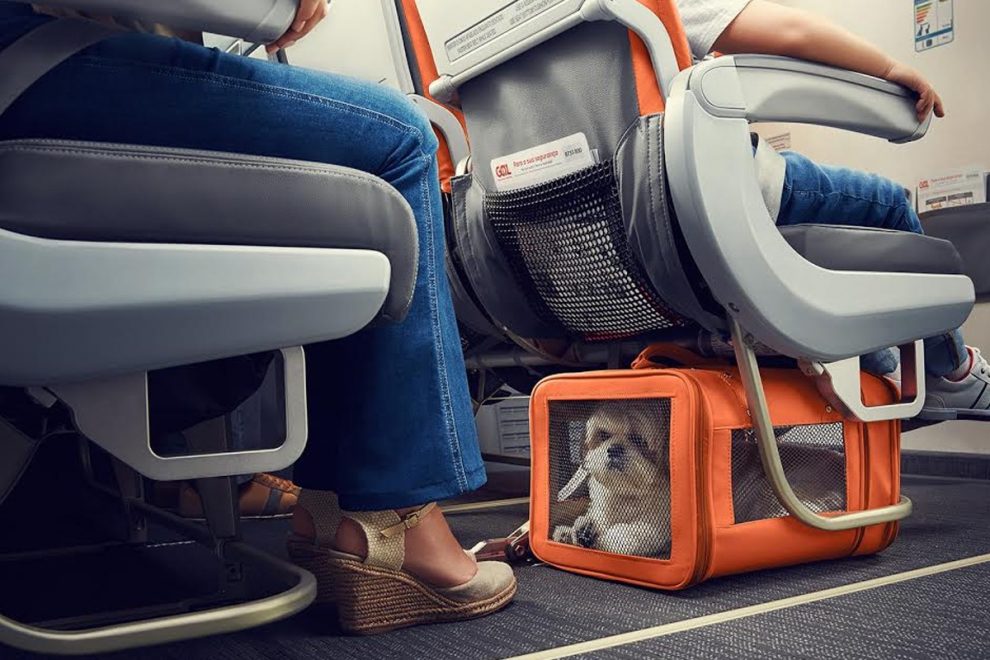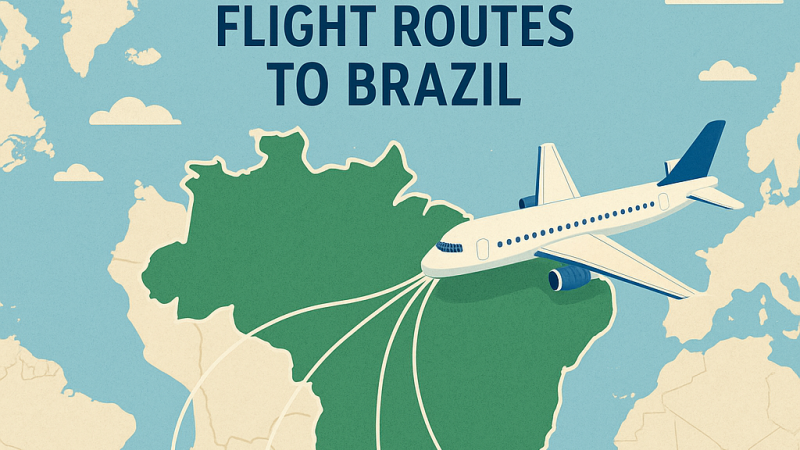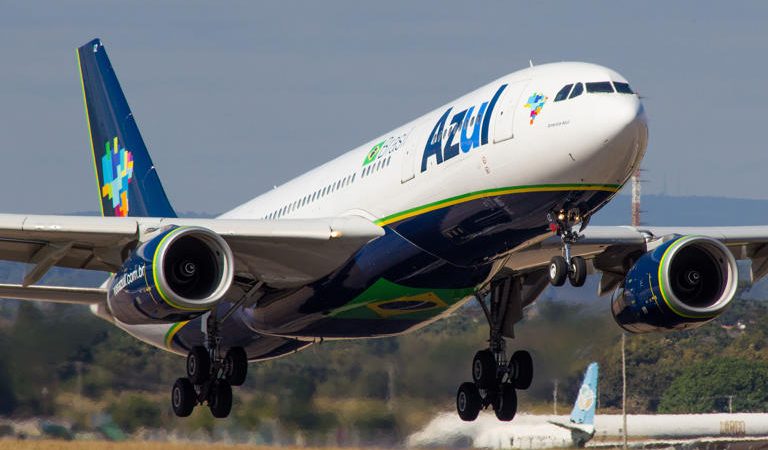Traveling with Pets – Cats and Dogs

Time to travel. Family ready, suitcases packed, but … what to do when one of the family members has four legs? Most airlines allow pets to be transported in the cabin, together with the owners, however, depending on the size of the animal, it flies in the cargo hold of the aircraft. The rules vary from company to company, but let’s see some examples from GOL Airlines.
GOL has a service called Pets In the Cabin, in which dogs and cats with a maximum weight of 10 kg (including the transport box, the kennel) can fly inside the cabin, as well as a guide dog and a listening dog accompanying people with disabilities.
The kennel can be rigid or flexible, resistant to leakage and observing maximum dimensions, since they will be accommodated under the chair. The maximum dimensions of the kennel, with enough space for your pet to move, cannot exceed 22 cm high by 32 high and 43 deep in the case of rigid kennel or 24 cm high, 32 wide with 43 deep in the flexible kennel case.
Some types of kennel such as those made of permeable fabric (not leak-resistant), wood or straw are not allowed and in some places inside the aircraft they are not allowed to be transported, as in the case of the rows located at the plane’s emergency exits.
Necessary documentation
In the case of domestic flights, it will be necessary to bring your pet’s Health Certificate, which must state that the animal is in good health and it must be within the validity period of 10 days from the date of issue. The vaccination card must also accompany the animal, including the rabies vaccine with the name of the producing laboratory, the type of vaccine and the number of the ampoule used that must have been applied for more than 30 days and less than 1 year.
For international flights, in addition to the documents required for domestic flights, the International Veterinary Certificate (CVI) is also required, which is valid for 60 calendar days from the date of issue, only for Mercosur member countries. The International Zoosanitary Certificate, issued free of charge by the International Agricultural Surveillance Post, of the Ministry of Agriculture, Livestock and Supply, at international airports, is also mandatory.
It is important to remember that some countries impose other specific requirements to allow pets to enter their territories. As these rules can be updated without prior notice, it is important to consult with government agencies in the destination countries.
Boarding
The service request must be made after your ticket is issued or at least 3 hours in advance for domestic flights and 24 hours in advance for international flights subject to availability. A fee is charged for the extra passenger that can vary between R $ 100 and R $ 200.
It is important to always consult the airline in advance to check the rules so that the transport of your pet is guaranteed the safety of him and other passengers.




